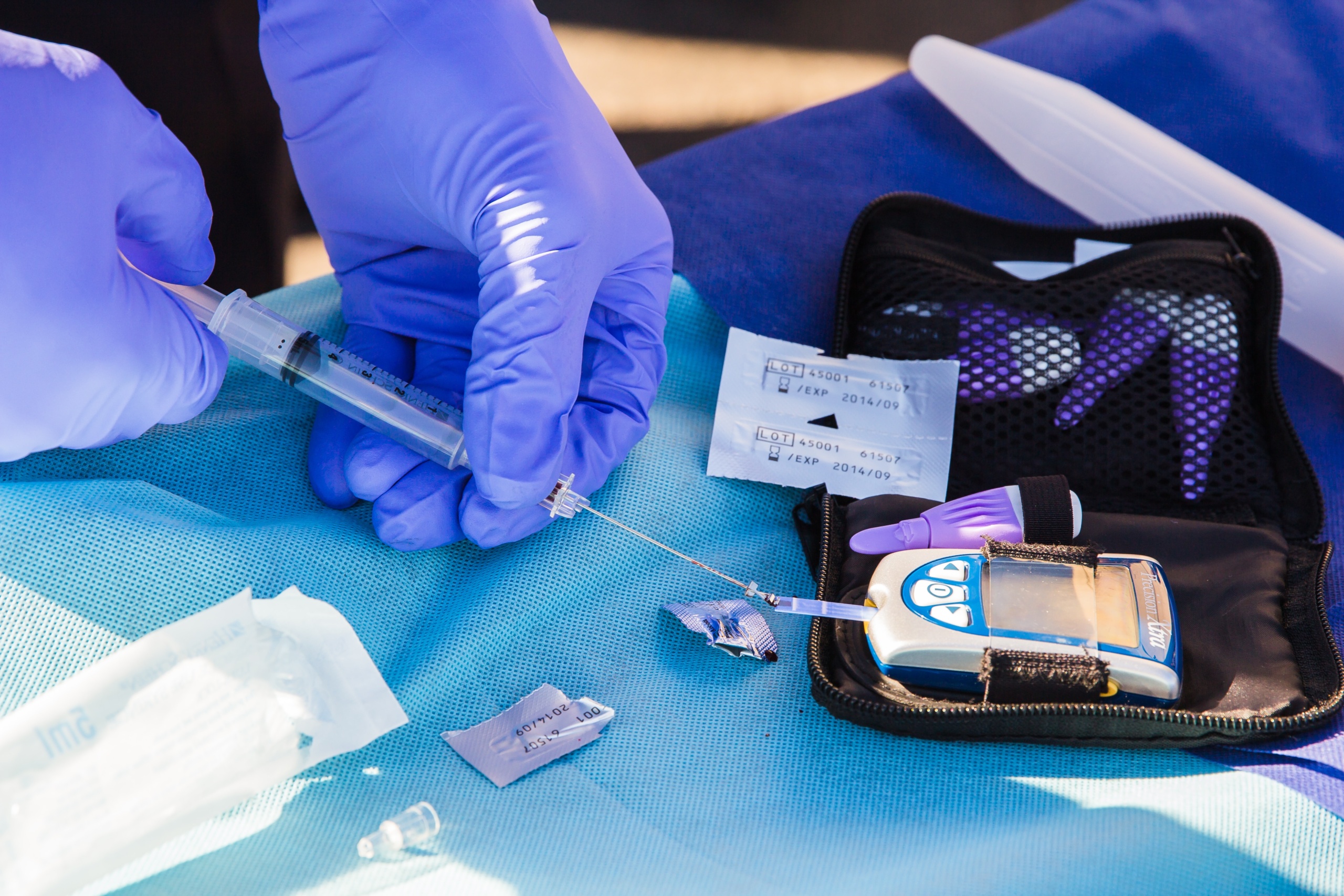
Polycystic ovary syndrome (PCOS) is a hormonal disorder that affects many women worldwide, and one of its common manifestations is insulin resistance. Insulin resistance occurs when the body’s cells become less responsive to insulin, leading to elevated blood sugar levels. Fortunately, there are proactive steps you can take to reverse insulin resistance and manage PCOS effectively.
Healthy Eating Habits:
- Adopting a balanced diet with a focus on whole foods.
- Incorporating lean proteins, healthy fats, and complex carbohydrates.
- Limiting processed foods, refined sugars, and excessive carbohydrates.
Managing Carbohydrate Intake:
- Emphasizing low-glycemic index (GI) foods to regulate blood sugar levels.
- Incorporating fiber-rich foods to slow down digestion and reduce insulin spikes.
- Practicing portion control and mindful eating.
Regular Exercise Routine:
- Engaging in aerobic exercises, strength training, and high-intensity interval training (HIIT)
- Promoting weight loss and improved insulin sensitivity
- Incorporating physical activity into daily routines
Stress Management:
- Incorporating stress-reducing techniques such as meditation, yoga, or mindfulness practices
- Prioritizing self-care and finding healthy coping mechanisms
Quality Sleep:
- Highlighting the importance of adequate sleep for insulin regulation and hormone balance
- Establishing a consistent sleep routine and creating a sleep-friendly environment
- Avoiding stimulants and electronic devices before bedtime
Regular Monitoring and Medical Support:
- Regularly monitoring blood sugar levels and other relevant parameters
- Seeking guidance from healthcare professionals specializing in PCOS and insulin resistance
While insulin resistance can pose challenges for women with PCOS, it is not a permanent condition. By adopting a holistic approach, you can take significant steps towards reversing insulin resistance and managing PCOS effectively.
Remember, it is important to consult with healthcare professionals who can provide personalized guidance and support throughout your journey. With dedication and a comprehensive plan, you can regain control over your health and well-being.




